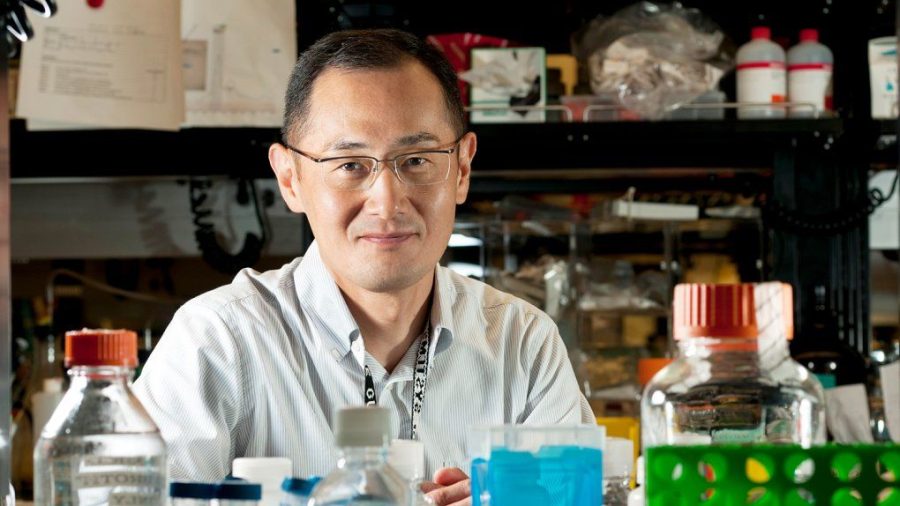Dr. Shinya Yamanaka
In honor of Asian American and Pacific Islander Heritage Month, every school day The Cardinal will feature a prominent and historical Asian American or Pacific Islander, living or dead, who has worked toward change, advancement, and/or world peace. Some of them are heroes, and some are unsung heroes, who deserve recognition, and have made a contribution to society.
May 5, 2023
Dr. Shinya Yamanaka is a Japanese stem cell researcher who has made groundbreaking contributions to the field of regenerative medicine.
In 2012, he was awarded the Nobel Prize in Physiology or Medicine for his work in developing induced pluripotent stem (iPS) cells. Dr. Yamanaka’s discovery of iPS cells has significant implications for the field of regenerative medicine, as these cells can be created from adult cells and have the potential to differentiate into any type of cell in the body. This means that they hold promise for treating a wide range of diseases and injuries, from diabetes and heart disease to spinal cord injuries.
Dr. Yamanaka began his career as an orthopedic surgeon before shifting his focus to stem cell research. In 2006, he and his team made the groundbreaking discovery that it was possible to reprogram adult cells to behave like embryonic stem cells, which have the potential to differentiate into any type of cell in the body. This discovery paved the way for the development of iPS cells, which have since become a powerful tool for researchers in the field of regenerative medicine. Dr. Yamanaka’s work has had a significant impact on the field of regenerative medicine, and he continues to work on advancing the use of iPS cells. He has founded the Center for iPS Cell Research and Application at Kyoto University, which is focused on developing new therapies based on these cells.
His contributions to the field of regenerative medicine have the potential to revolutionize the way we treat a wide range of diseases and injuries, and he is truly an unsung hero in the world of science.


